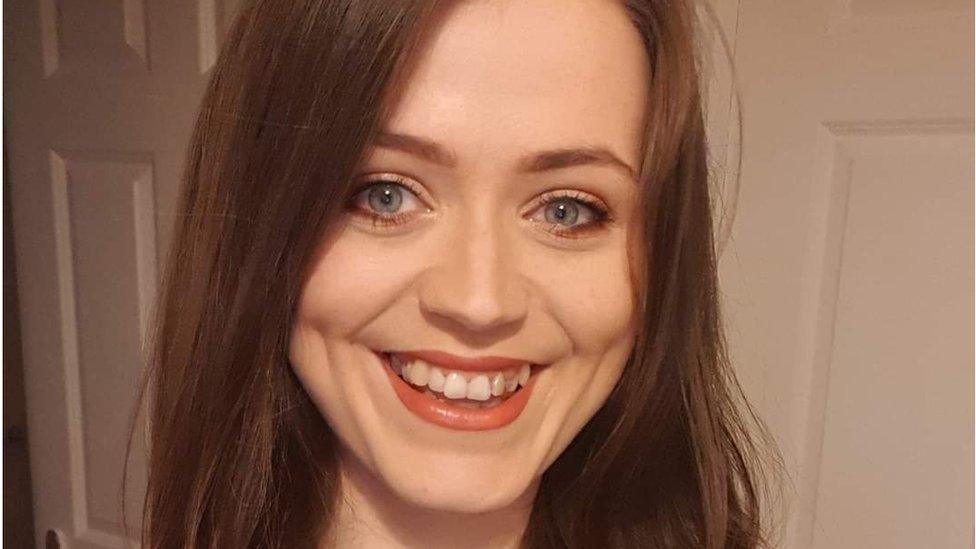Could menopause leave have helped young women with the condition?
- Published
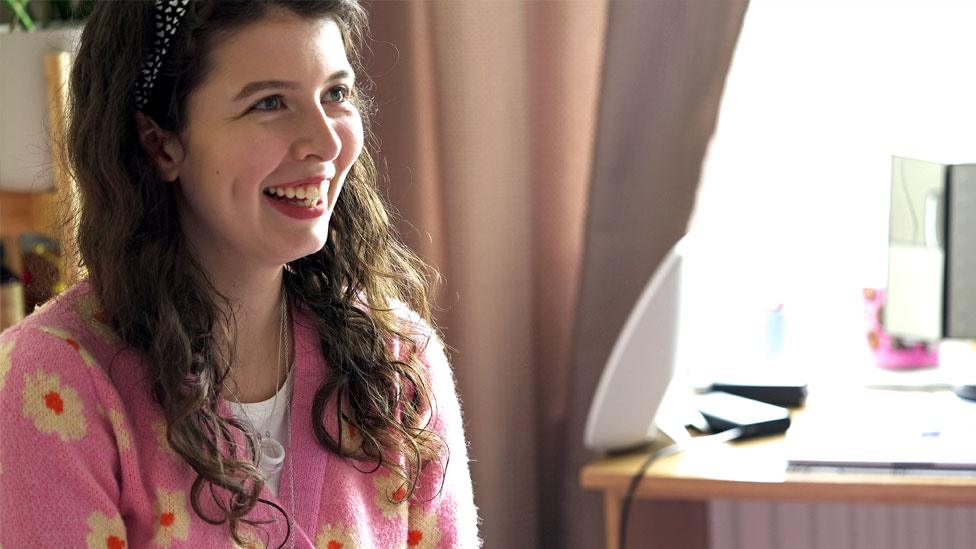
Elsie Wilson's periods stopped when she was 13 and she was diagnosed about a year and a half later
Your teens and 20s are full of change: your first job, college, university, all while your body changes too.
One change you might not expect is to go through the menopause.
This is when your periods stop, and you can experience other symptoms like hot flushes, night sweats, difficulty sleeping and low mood or anxiety.
It mostly affects women over 50, but in some rare cases it can affect teenagers or those in their 20s.
Campaigners - who say symptoms can have a negative effect on women's work - wanted the government to allow a trial run of special menopause leave, similar to sick pay.
But it rejected the proposals, partly because it thought they risked creating discrimination against men.
BBC Newsbeat has spoken to young women who went through early menopause about their reaction to the decision.
'Extremely hard'
"I was 13 when I realised that my periods had stopped," says Elsie Wilson.
She underwent 18 months of tests and scans before finally being diagnosed aged 15, during her GCSEs.
Early-onset menopause, or premature ovarian insufficiency (POI), meant she would be unable to get pregnant.
Elsie says it was a very isolating experience, and finding out she couldn't have children hit her "like a tonne of bricks".
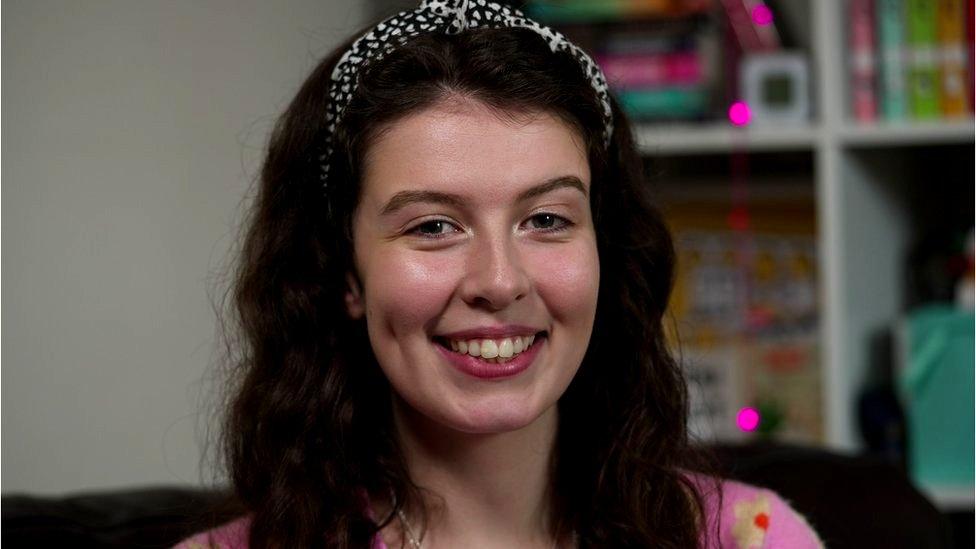
Elsie was just 15 when she was told she was menopausal
She's one of an estimated one in 100 women who experience POI, which is when this happens before you turn 45.
"At 15, it was extremely hard to go through by myself," says Elsie, who's now 24.
The cause is often unknown, but in Elsie's case doctors believe it was triggered by an auto-immune condition.
She was put on hormone replacement therapy (HRT) which she said affected her mood and made her body look different, leading to body confidence issues.
Because she was so young when she was diagnosed, Elsie might not have been affected by the proposals in the same way.
But she says it's disappointing that the government chose not to pilot the MPs' recommendations to allow for menopausal women to take special leave.
"I think it would be a really beneficial thing," says Elsie, who lives in Newcastle.
"It's a lot of work just to get used to being menopausal so it is useful to have that space and that time without your other responsibilities to get used to it."
'Heartbreaking'
Emma Delaney, from Manchester, was diagnosed with POI when she was 25.
She's previously spoken about how she struggled to come to terms with going through the process before her mum.
"There's no other way of describing that feeling other than heartbreak," she says.
"It was just a shock to the system. I was blaming myself the whole time."
Like Elsie, she says her diagnosis was a lonely experience. She struggled to relate to those around her and felt misunderstood.
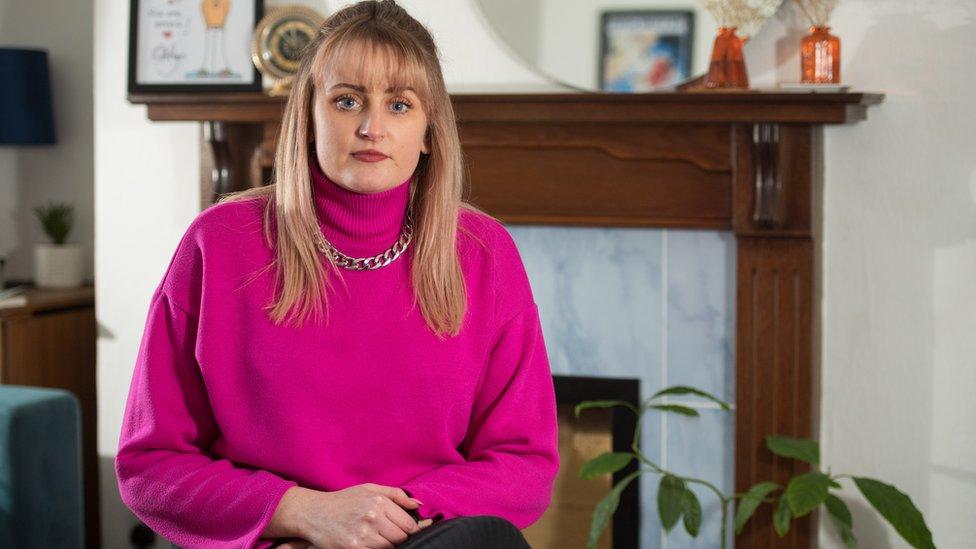
Emma Delaney went through the menopause before her mum, aged 25
Describing her symptoms, Emma says: "I was fainting a lot of the time had really bad migraines.
"I was fluctuating in weight, and then losing lots of weight, and then putting it all back on again."
She wants a better understanding of the impact menopause has on your mental health to allow for more support at work.
Emma isn't convinced that special menopause leave is necessary for everyone.
"Everybody goes through it differently," she says. "I found it easier to be in work and take my mind off it."
The Women and Equalities Committee is a group of MPs from different political parties that looked into the issues around the menopause.
It had recommended 12 things it wanted the government to do to improve rights for working women.
The leave proposal - which the committee believed could help to stop women being "forced out" of jobs - was one of five that was rejected.
Caroline Nokes, the Conservative MP in charge of the committee, said the decision was "a missed opportunity to protect vast numbers of talented and experienced women".
Senior government MPs insisted they have an "ambitious" plan to improve menopause support, but the committee said progress on this was "glacial".
Elsie thinks the decision reflects attitudes towards women's healthcare in general.
"The majority [of people] affected are women, and people that are assigned female at birth," she says.
"These issues aren't taken seriously in the medical research and they aren't taken seriously in medical practice."

Menopause and me: Too young to feel so old
Lots of women don't think about the menopause until they're in their 40s. But it could start much earlier. Emma, Soe-Myat, Olivia and Elspeth share their experiences to help others cope with menopause at any age.


Follow Newsbeat on Twitter, external and YouTube, external.
Listen to Newsbeat live at 12:45 and 17:45 weekdays - or listen back here.
- Published7 November 2024
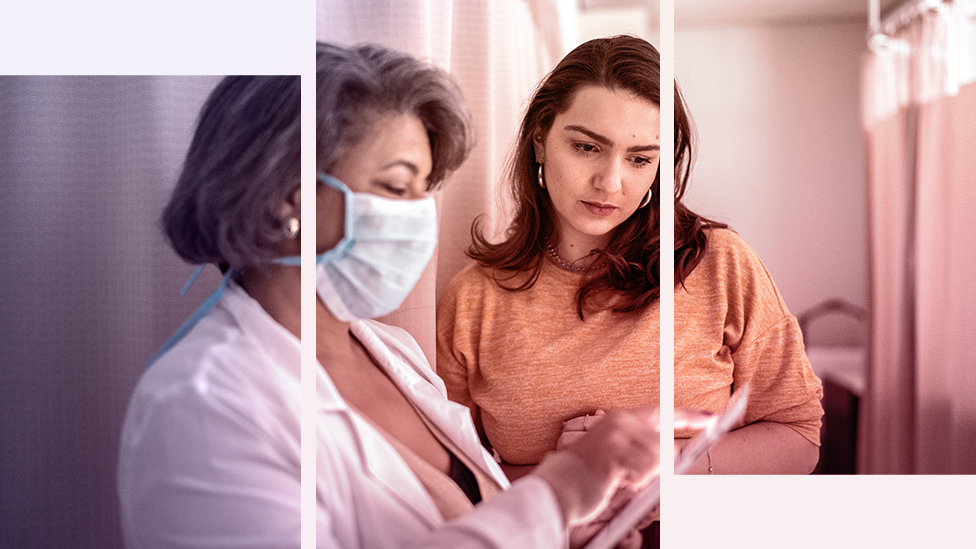
- Published24 January 2023
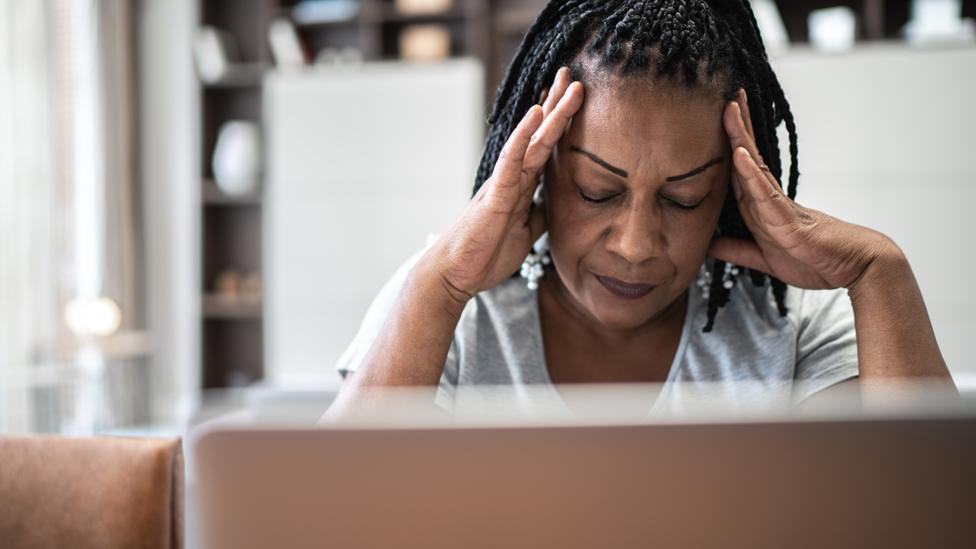
- Published28 December 2022
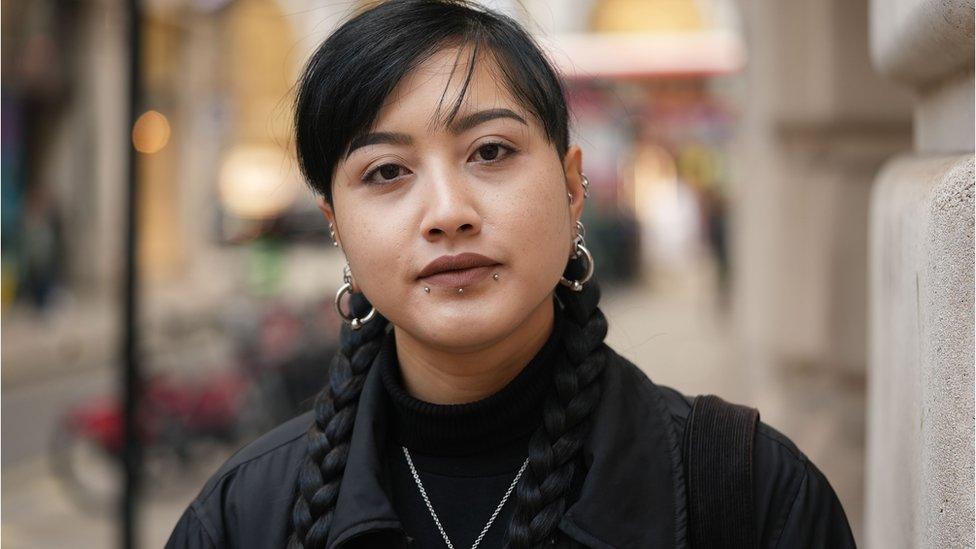
- Published8 March 2022
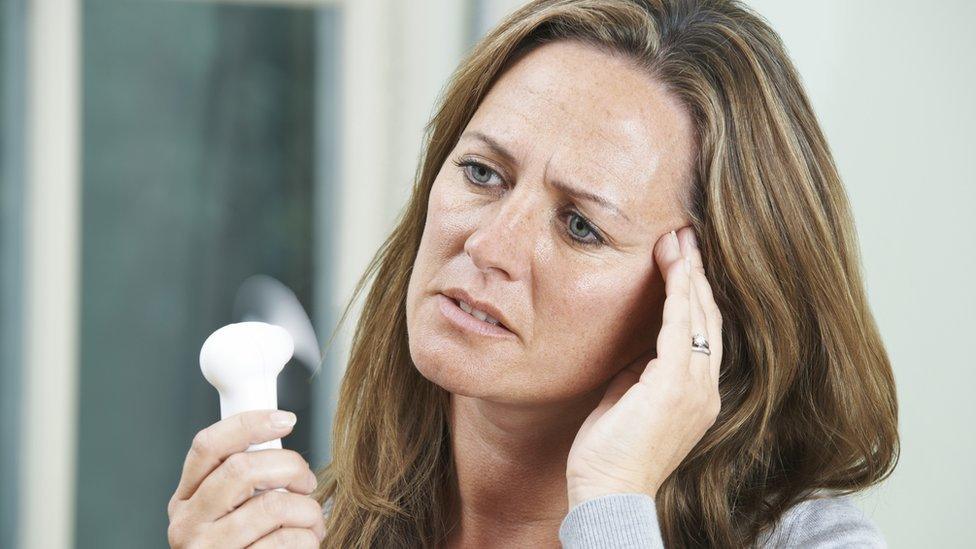
- Published5 June 2021
